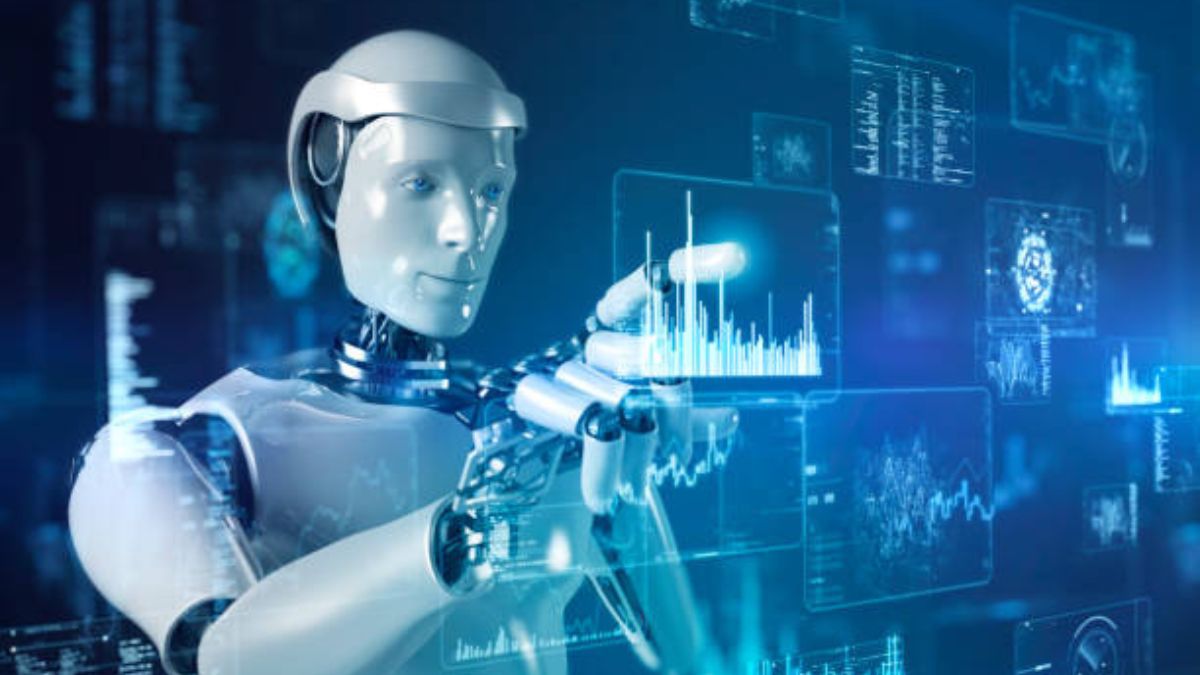
Artificial Intelligence (AI) and Machine Learning (ML) are becoming essential tools in the world of institutional trading. A recent JPMorgan survey revealed that 61% of institutional investors expect AI and ML to be the most influential technologies in shaping the future of trading over the next three years.
This represents a significant shift in focus, as institutions are moving away from traditional trading methods and embracing AI to gain a competitive edge.
Why Are Institutional Investors Turning to AI?
Here are the key reasons why institutional investors are betting heavily on AI:
- Improved Trading Efficiency: AI can analyze vast amounts of data in real-time, allowing institutional investors to make faster, more informed decisions. This boosts trading efficiency and can lead to better outcomes.
- Predictive Analytics: AI and ML can identify patterns and predict market trends, giving institutional investors a significant advantage in timing their trades. These predictive capabilities help in managing risk and maximizing returns.
- Cost Reduction: By automating many aspects of the trading process, AI helps institutions reduce operational costs, especially in data processing and strategy execution.
- Better Risk Management: AI-powered systems allow investors to assess risks more accurately, enabling them to make better decisions under volatile market conditions.
AI vs. Other Emerging Technologies in Trading
While AI is taking center stage, other technologies like blockchain and quantum computing have seen a decline in institutional interest. According to the same survey, blockchain technology, which was once seen as a game-changer, has witnessed an 18% drop in investor interest since 2022.
Let’s break it down in a comparison table:
| Technology | Expected Impact (Next 3 Years) | Investor Interest (2022-2024) |
|---|---|---|
| Artificial Intelligence (AI) | 61% | Significant increase |
| Machine Learning (ML) | 61% | Significant increase |
| Application Programming Interface (API) | 13% | Stable |
| Blockchain/Distributed Ledger | 7% | 18% decrease |
| Quantum Computing | 7% | Stable |
The Future of AI in Trading Strategies
AI’s influence on trading is not limited to institutional traders alone. Many firms are adopting AI-driven strategies for algorithmic trading, using data models that adapt to market conditions in real time. Some of the AI applications include:
- Algorithmic Trading: AI executes trades based on pre-set algorithms and real-time data, minimizing human intervention and improving precision.
- Sentiment Analysis: AI can process news, social media, and other forms of unstructured data to gauge market sentiment, helping traders make more informed decisions.
- Portfolio Optimization: AI analyzes historical performance to help institutions rebalance their portfolios for better returns and risk management.
Conclusion: AI – The Future of Trading?
AI and ML are fast becoming indispensable for institutional traders. The technologies offer benefits in efficiency, cost reduction, and risk management that can greatly enhance trading performance.
As AI continues to evolve, its role in trading strategies is only expected to grow, making it a critical tool for institutions looking to stay ahead of the curve.
Disclaimer
This article offers general insights into AI’s impact on trading strategies. Consult a financial expert for advice on technology investments.

